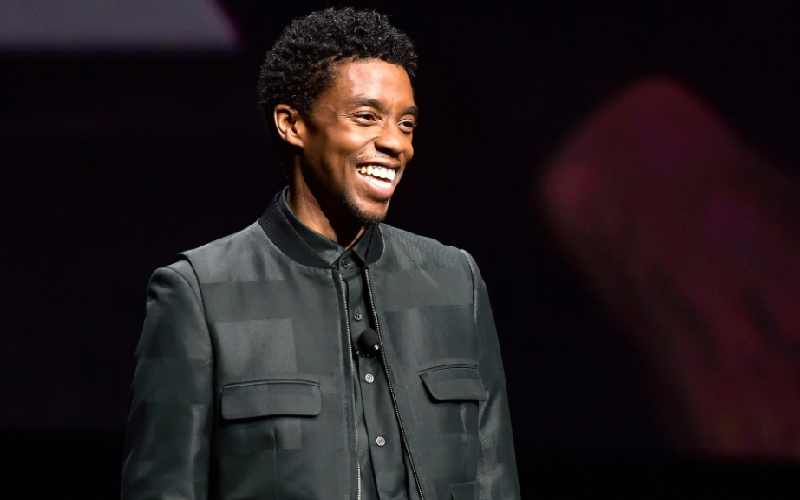×
The Standard e-Paper
Stay Informed, Even Offline

Dignity. We speak about it all the time. Demand it from the Government. Claim it for ourselves. Legislate it for the masses. We think we know what dignity means because we know how it feels to live without it. There is a dignity-shaped vacuum in our lives because we are often deprived of it.